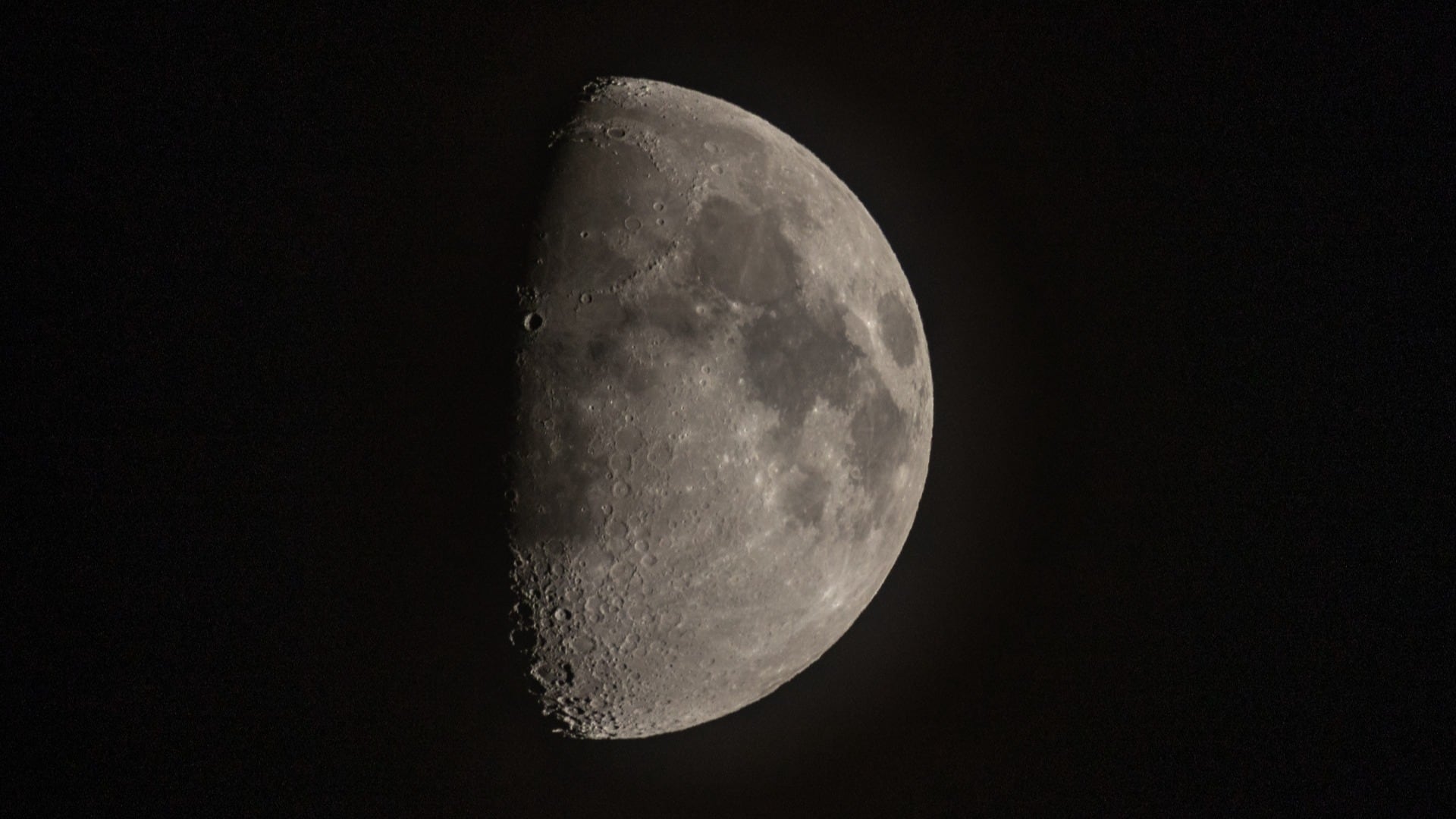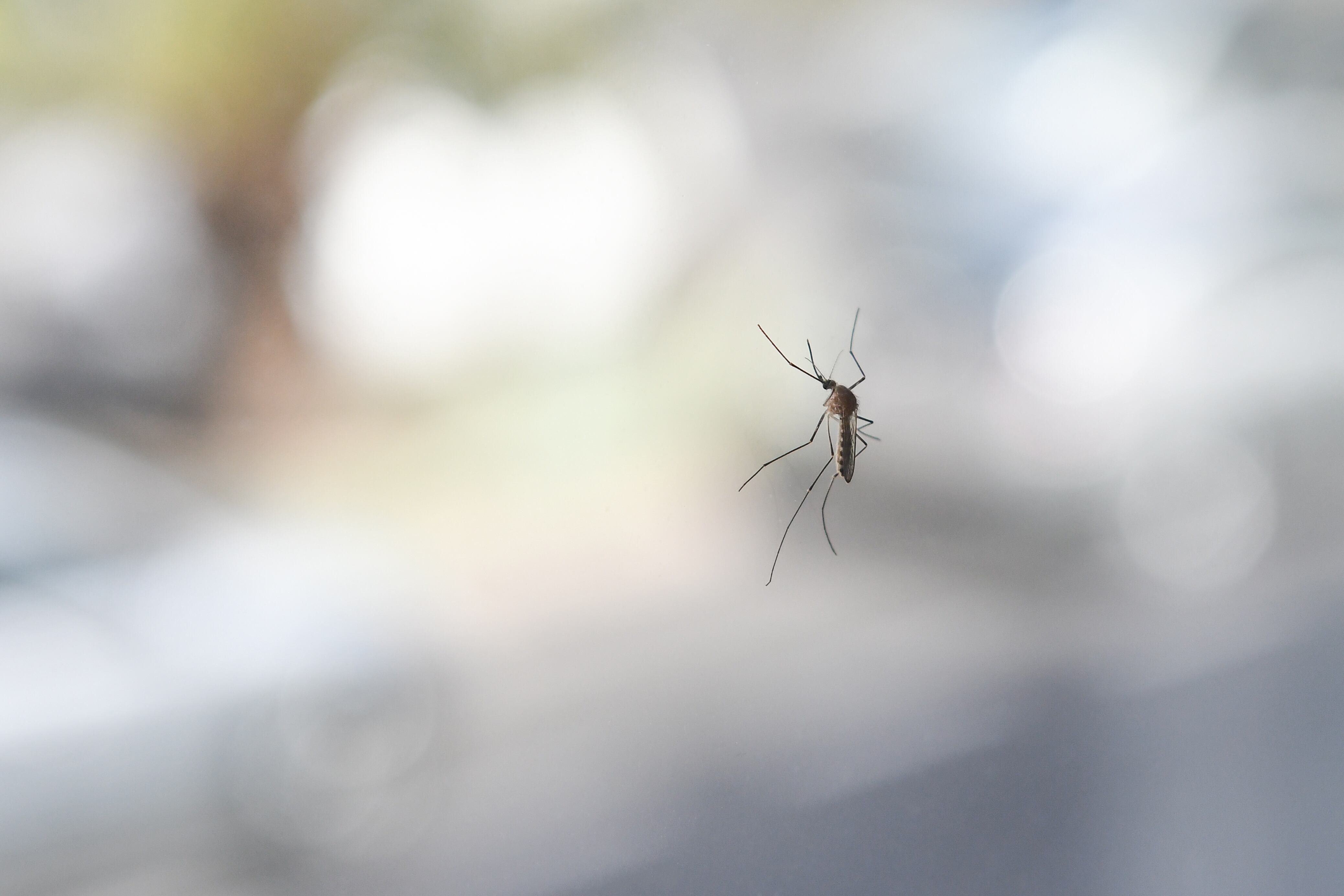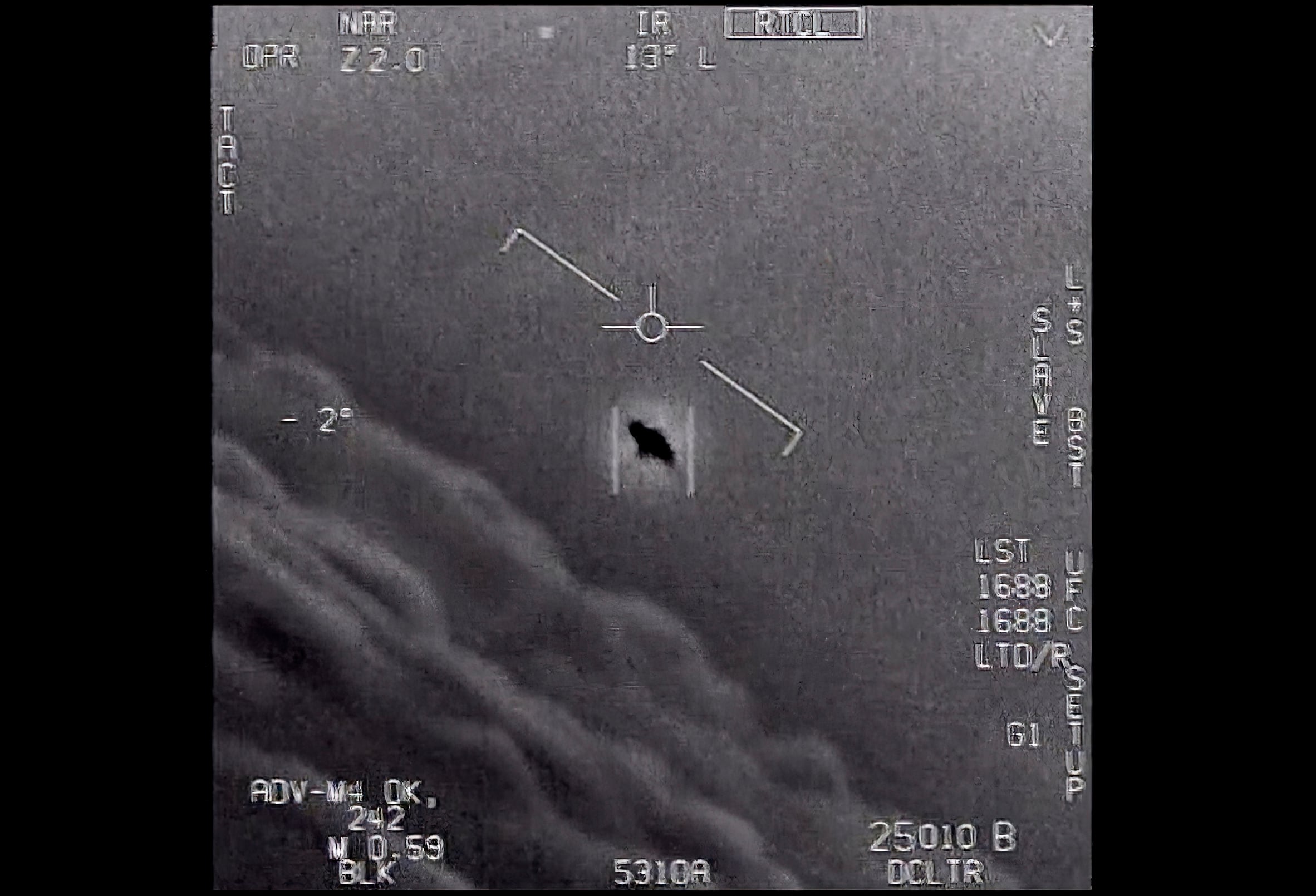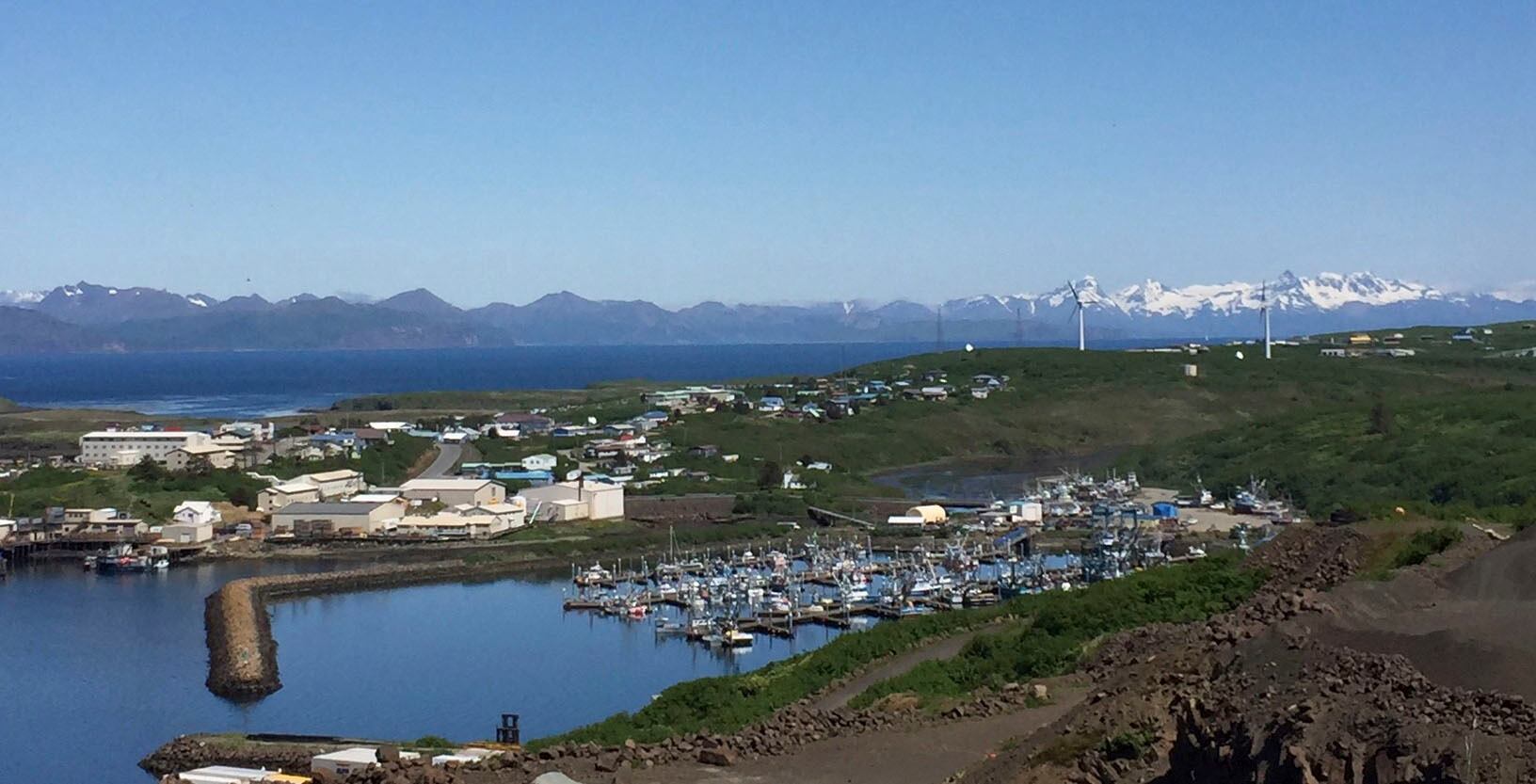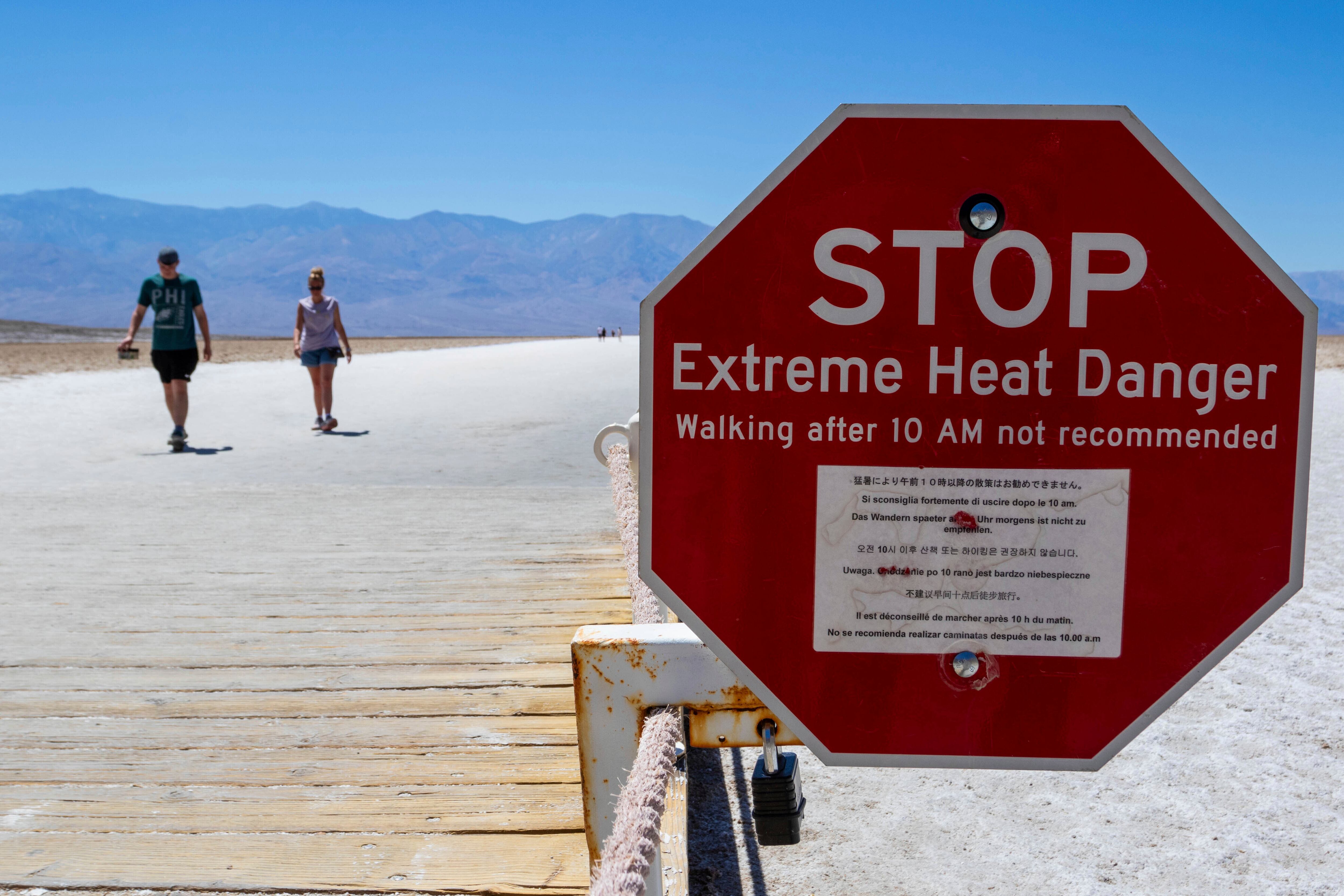While time is an Earthly concept, scientists are signaling it might be time to establish a time zone for the moon.
The idea first gained steam between global space organizations last year and has remained a relevant topic as multiple nations gear up for their own lunar missions. Currently, telling time on the moon is based on the country conducting the mission.
"During this meeting at ESTEC, we agreed on the importance and urgency of defining a common lunar reference time, which is internationally accepted and towards which all lunar systems and users may refer to. A joint international effort is now being launched towards achieving this," said Pietro Giordano, European Space Agency navigation system engineer.
Clocks run faster on the moon due to its weaker gravitational pull compared to Earth, with timepieces getting 56 milliseconds faster per day, according to the ESA.
The groups behind the push to establish this universal timekeeping standard are also debating which agency should set and maintain the moon clock once it launches.
Meanwhile, NASA's first manned mission to the moon in over 50 years is expected to land on the lunar surface in 2025.
